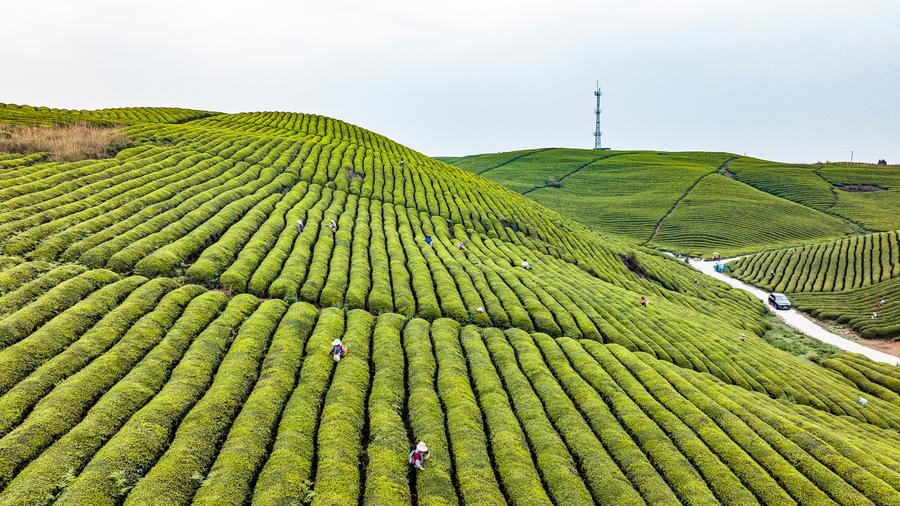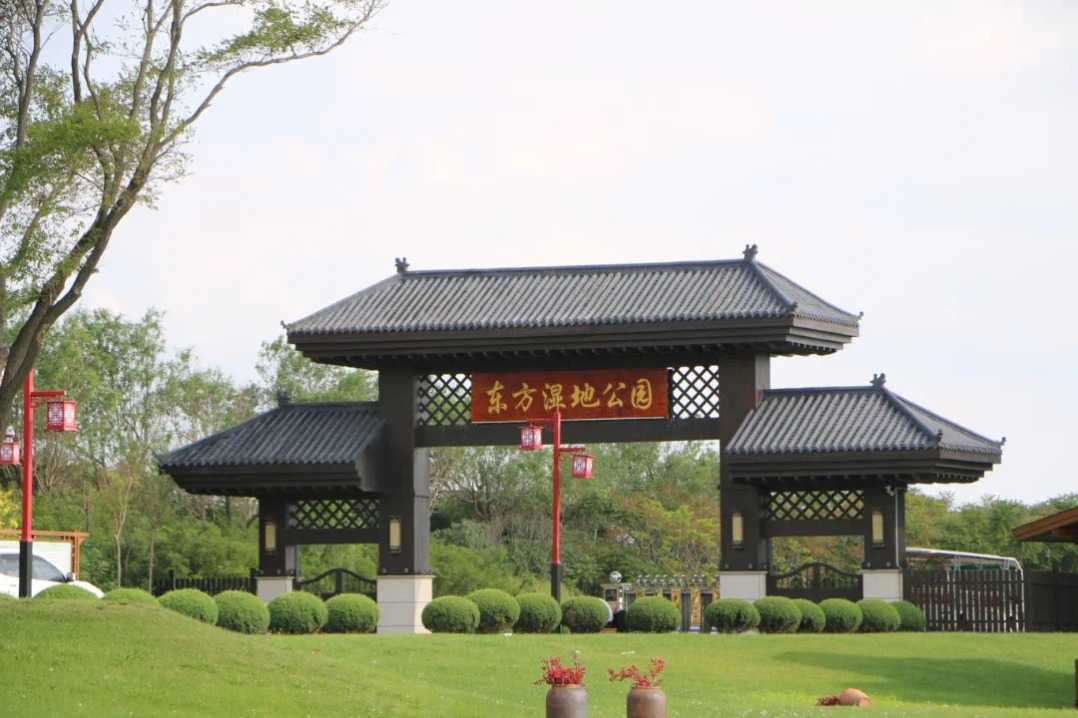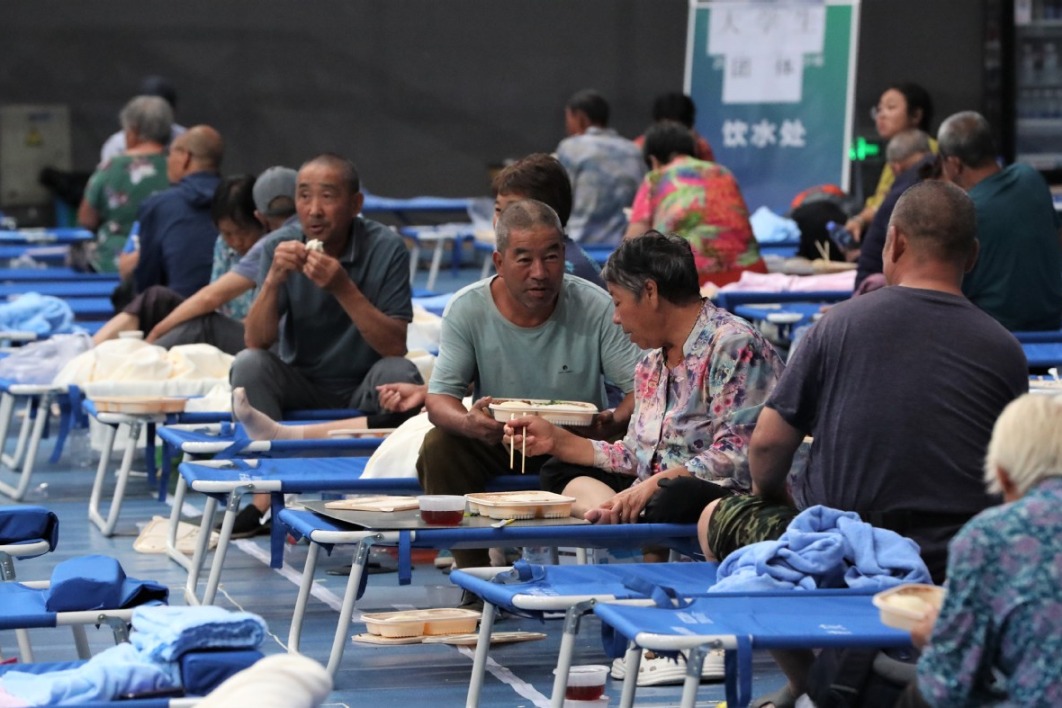Chinese green solutions help Sri Lanka have a tea party


GUIYANG — In Sri Lanka, drinking black tea is practically a national pastime. So, tea lovers across the island nation can raise their cups in relief knowing that the quality of each sip can be guaranteed by Chinese green solutions.
"We are currently taking actions to introduce eco-friendly pest prevention and control technologies in tea gardens overseas," Zhang Libo, a professor at Guizhou University, said during the Eco Forum Global Guiyang 2025, which was held on July 5 and 6 in Guiyang in Southwest China's Guizhou province.
"At present, Sri Lankan tea gardens have already adopted our methods, consequently enhancing both yields and quality of tea," said Zhang.
Guizhou University has a world-class discipline in plant protection, a State Key Laboratory of Green Pesticides, as well as a China-Sri Lanka joint laboratory of green pest control technology of tea under the Belt and Road Initiative.
Both China and Sri Lanka are major tea producing countries with a shared demand for green pest control technologies in tea cultivation. The laboratory aims to cope with issues such as low utilization rates and high residues of traditional pesticides in tea planting and production processes.
The joint endeavour has met with enthusiasm in Sri Lanka, which regards tea as an important cash crop, said Zhang.
As one of the world's top five tea producing countries, Sri Lanka meets approximately 11 percent of the global demand and is also one of the world's largest exporters of handpicked traditional tea. According to media reports, the country's tea exports exceeded 245 million kilograms in 2024, generating an export revenue of nearly $1.43 billion.
Sri Lanka's high-altitude mountainous tea growing regions are very similar to the tea growing areas in Guizhou, said Wu Jian, a professor at the state key laboratory of Guizhou University.
Through measures such as immune induction and resistance enhancement, as well as the use of green pesticides, the laboratory not only helped local tea gardens control diseases and weeds, but also significantly increased the yield of tea gardens.
Guizhou is an important tea producing area in China. The province's tea plantations exceeded 467,000 hectares in 2024, with the total output value of the tea industry reaching more than 96 billion yuan ($13.42 billion).
In 2014, Guizhou began to prohibit the use of water-soluble pesticides and increased the types of banned pesticides in tea gardens from 62 to 156.
Since then, the tea gardens in the province have been promoting green prevention and control systems in order to improve the quality of tea.
Guizhou's tea export volume ranked among the top 10 in China last year. The tea, made in Guizhou, has become popular in over 40 countries and regions, including Germany, the United States, Singapore and Australia.
Currently, international students from countries such as Pakistan, Sri Lanka and India are studying in majors like plant protection and green pesticides at Guizhou University.
Xinhua
- Chinese green solutions help Sri Lanka have a tea party
- Fifth volume of 'Xi Jinping: The Governance of China' published
- Former Chinese football official jailed for bribery
- What they say
- Shangri-La balances mushroom bounty with sustainability efforts
- Inspired by China, Tajik student hopes to build bilateral business bridge





































